But his snot is green!
It’s cold season here in Augusta, so let’s talk about what to do when your little one gets sick this fall and winter. The “common cold” is a term that refers to a viral infection of the upper respiratory tract.
What causes a cold?
There are many different viruses that cause the common cold; the most common is rhinovirus, which causes up to fifty percent of all cases (other common causes are: coronaviruses, parainfluenza, adenovirus, coxsackievirus).
Symptoms
The symptoms are variable but can include: sneezing, nasal congestion, runny nose (clear, yellow, or green), sore throat, cough, fever, headache, and malaise (feeling bad). The common cold can occur anytime in the year, but there is predominance in the fall and winter months.
Transmission
The common cold is transmitted through three mechanisms: hand contact with something contaminated that is then rubbed in your eyes/mouth/nose, inhaling small airborne droplets that are coughed up, someone sneezing on your mouth or eyes (usually very close contact). The time between coming in contact with the virus and you having symptoms is 1-3 days. An infected person is most contagious for the first 3-4 days of illness.
How long will he be sick?
Children younger than six years old average 6-8 colds per year with a typical duration of 14 days. Children who attend daycare get more colds than those who don’t, but children from daycare get sick less frequently when they start school. Older children and adults average 2-4 colds per year with a typical duration of 5-7 days.
Treatment
There is no medicine that treats the common cold. Most children will have peak of symptoms after 2-3 days and will gradually improve over 10-14 days. The cough may linger but should slowly improve over several weeks. Make sure your child drinks plenty of fluids, staying hydrated helps thin the secretions and soothes the respiratory mucosa. Warm liquids like tea or chicken soup/broth can help. Nasal saline given by drops or spray can help. A cool mist humidifier/vaporizer as well.
Children under 6 years old: no over the counter (OTC) cough/cold medicine
Children 6-12 years old: you will see many OTC cough/cold medicines at the pharmacy but we do not recommend them
Children older than 12 years old may try an OTC decongestant for symptom relief if desired
Discomfort due to fever may be controlled with acetaminophen (Tylenol) in children 2 months old and older, and ibuprofen (Motrin/Advil) in children 6 months old and older.
Nasal congestion is best treated with nasal saline. In young children this should be paired with suction from a bulb or a product such as a Nose Frida.
Cough and sore throat can be treated with honey in children over 1 year old. One teaspoon can be given 2-3 times per day directly or mixed in tea or juice. Children older than 6 years may use throat lozenges.
What isn’t needed or isn’t proven to help: antibiotics, antihistamines (Benadryl, Claritin), nasal steroids (like Flonase), OTC cough meds, albuterol inhaler (unless you have wheezing or asthma), vitamin C, Echinacea, zinc.
But he has green runny nose. Doesn’t he need antibiotics?
No, having green or yellow colored mucous is common; the majority of children with a cold will have this after a few days. This is a normal part of having a cold and requires no specific treatment.
Complications
Things that should be evaluated by your physician: persistent runny nose for ten days or more, severe symptoms, or worsening symptoms, new onset fever and/or earache after the first few days of symptoms, or persistent cough. And if you’re not sure, please call our office during normal business hours and our triage nurses can help point you in the right direction.
When can my child return to daycare/school/etc…
Each daycare or school will have its own guidelines, but in general we want children to be fever free for 24 hrs prior to returning. Many children will miss the first day or two with a cold.
How to prevent colds
Hand washing or hand sanitizer regularly, especially after coughing or sneezing. As much as possible avoid direct contact with sick people. Using a household cleaner like Lysol may help reduce germs.
